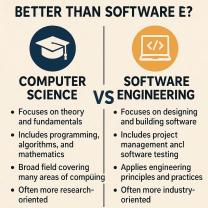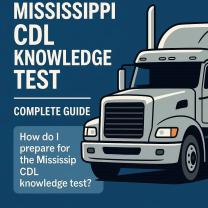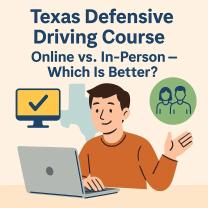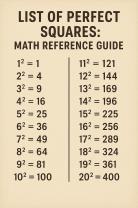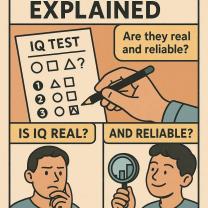What are the objectives of beginning Microsoft® Excel?
The objectives of beginning Microsoft Excel typically include introducing users to the fundamental concepts and skills needed to work effectively with spreadsheets and data in Excel. Here are some common learning goals and objectives for beginners:
Understanding Excel Interface:
- Familiarize yourself with the Excel workspace, including the ribbon, tabs, and quick access toolbar.
Creating Workbooks and Worksheets:
- Learn how to create new Excel workbooks and worksheets.
- Understand the difference between workbooks and worksheets.
Entering and Formatting Data:
- Enter data, text, and numbers into cells.
- Apply basic formatting options, such as font styles, colors, and cell borders.
Working with Rows and Columns:
- Insert, delete, and hide rows and columns.
- Adjust row height and column width.
Cell References and Formulas:
- Understand cell references (e.g., A1, B2) and their significance.
- Create simple formulas to perform calculations (e.g., addition, subtraction) using cell references.
AutoFill and AutoSum:
- Use the AutoFill feature to quickly fill in a series of data (e.g., dates, numbers).
- Calculate sums with the AutoSum function.
Formatting and Styling Worksheets:
- Apply formatting to make data more visually appealing.
- Add headers, footers, and page numbers for printing.
Data Management:
- Sort data in ascending or descending order.
- Filter data to display specific information.
Charts and Graphs:
- Create simple charts and graphs to visualize data.
- Select appropriate chart types (e.g., bar chart, pie chart).
Saving and Printing:
- Save workbooks in different formats (e.g., .xlsx, .pdf).
- Print worksheets and customize print settings.
Basic Functions:
- Understand and use basic Excel functions (e.g., SUM, AVERAGE, COUNT).
- Learn to use the Function Wizard.
Data Validation and Protection:
- Implement data validation rules to control data entry.
- Protect worksheets and workbooks with passwords.
Introduction to PivotTables (optional):
- Learn the basics of creating PivotTables for data analysis.
Basic Excel Tips and Shortcuts:
- Discover time-saving keyboard shortcuts and tips for efficient Excel usage.
Troubleshooting and Help:
- Know how to troubleshoot common Excel issues.
- Utilize Excel's built-in Help and resources.
These objectives provide a solid foundation for beginners to start using Microsoft Excel effectively. Excel is a powerful tool for data analysis, reporting, and record-keeping, and mastering these basics is essential for more advanced spreadsheet tasks. Depending on your specific learning goals or course curriculum, additional topics and objectives may be included.







